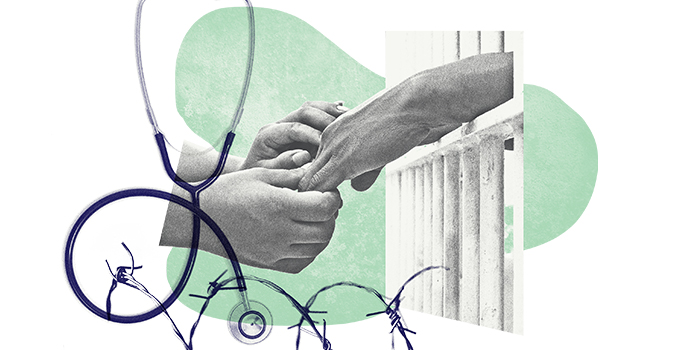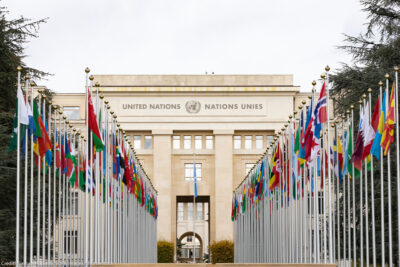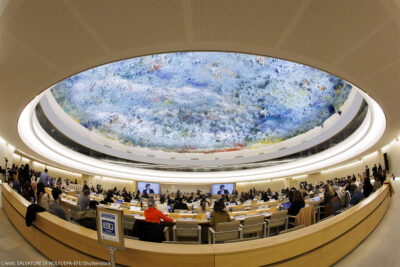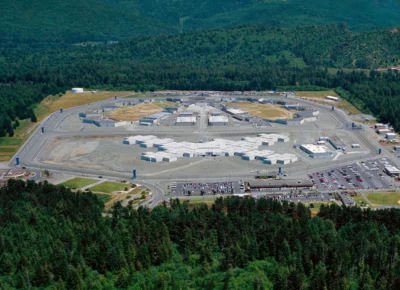Human Rights and Criminal Justice
The ACLU works in courts, legislatures, and communities to defend and preserve the individual rights and liberties that the Constitution and the laws of the United States guarantee everyone in this country.

The Latest
-

The U.S. Touts Itself as a Global Leader in Human Rights. A New U.N. Report Says Otherwise.
-

National Crisis in Policing Awaits United Nations Delegation
-

Ashker v. Governor of California
-


ACLU Comment on United Nations Reports on Law Enforcement Data Collection and Lack of Progress on Transformative Change
Explore More
What's at Stake
The criminal justice system in the United States raises serious constitutional and human rights concerns. The human rights violations inherent in the system play out on a number of fronts: racial disparities in arrests, convictions, and sentencing; draconian sentences mandating that nonviolent offenders serve the rest of their lives behind prison walls; the heightened impact of incarceration on vulnerable populations, such as children and the mentally ill; and more.
With only 5 percent of the world’s population, the United States has 25 percent of the world’s prison population, making it the world’s largest jailer. The U.S. criminal justice system today deprives more Americans of their liberty than ever before—and more than any other nation on earth—unfairly, unnecessarily, and in stark violation of international human rights law. In order to bring its prison system in line with international human rights standards, the United States should do the following:Â
- Eliminate incarceration as a penalty for certain classes of low-level, nonviolent offenses, especially when these offenses are the result of mental illness or drug addiction or are first-time offenses.
- Strengthen cost-effective alternatives to incarceration and drug treatment programs.
- Distinguish between the people currently in prison who continue to pose threats to safety and those who are ready to re-enter society.
- Require regular, systemic evaluations of the U.S. criminal justice system.
The criminal justice system in the United States raises serious constitutional and human rights concerns. The human rights violations inherent in the system play out on a number of fronts: racial disparities in arrests, convictions, and sentencing; draconian sentences mandating that nonviolent offenders serve the rest of their lives behind prison walls; the heightened impact of incarceration on vulnerable populations, such as children and the mentally ill; and more.
With only 5 percent of the world’s population, the United States has 25 percent of the world’s prison population, making it the world’s largest jailer. The U.S. criminal justice system today deprives more Americans of their liberty than ever before—and more than any other nation on earth—unfairly, unnecessarily, and in stark violation of international human rights law. In order to bring its prison system in line with international human rights standards, the United States should do the following:Â
- Eliminate incarceration as a penalty for certain classes of low-level, nonviolent offenses, especially when these offenses are the result of mental illness or drug addiction or are first-time offenses.
- Strengthen cost-effective alternatives to incarceration and drug treatment programs.
- Distinguish between the people currently in prison who continue to pose threats to safety and those who are ready to re-enter society.
- Require regular, systemic evaluations of the U.S. criminal justice system.